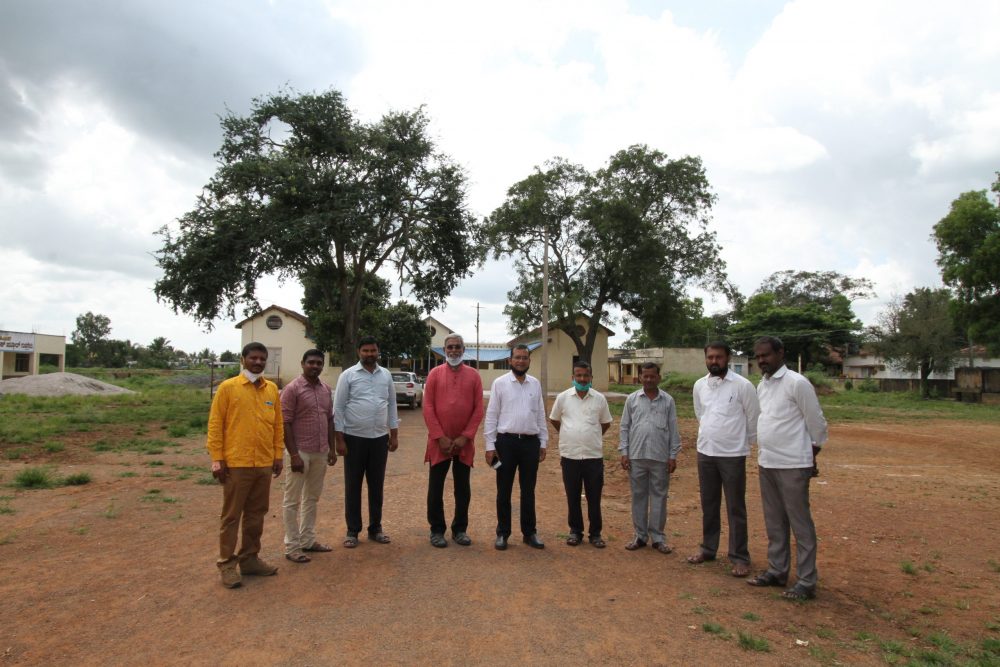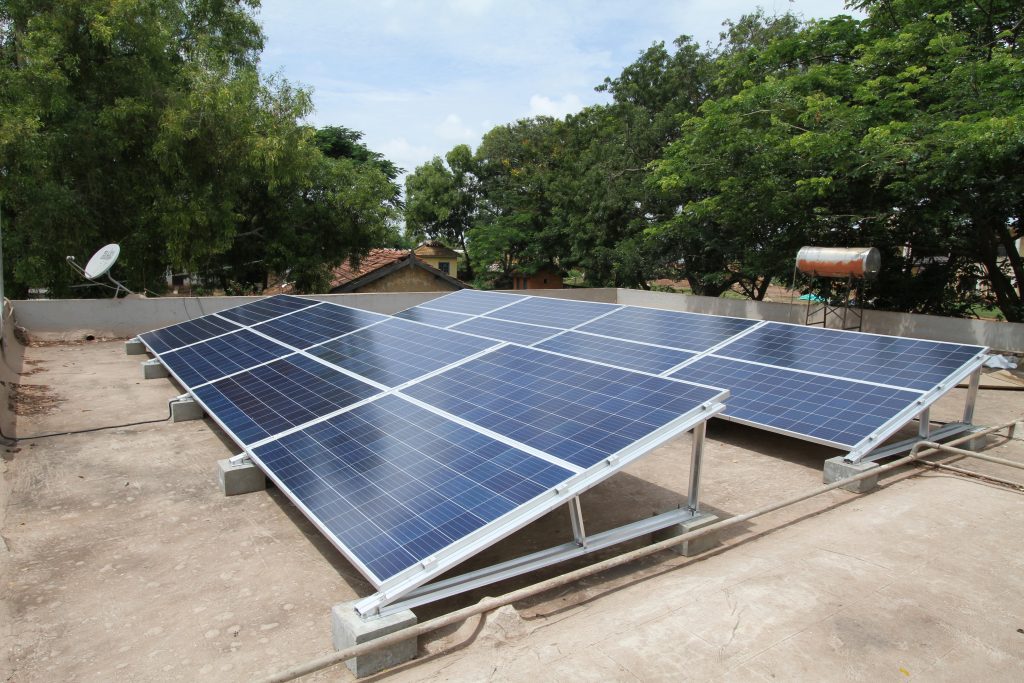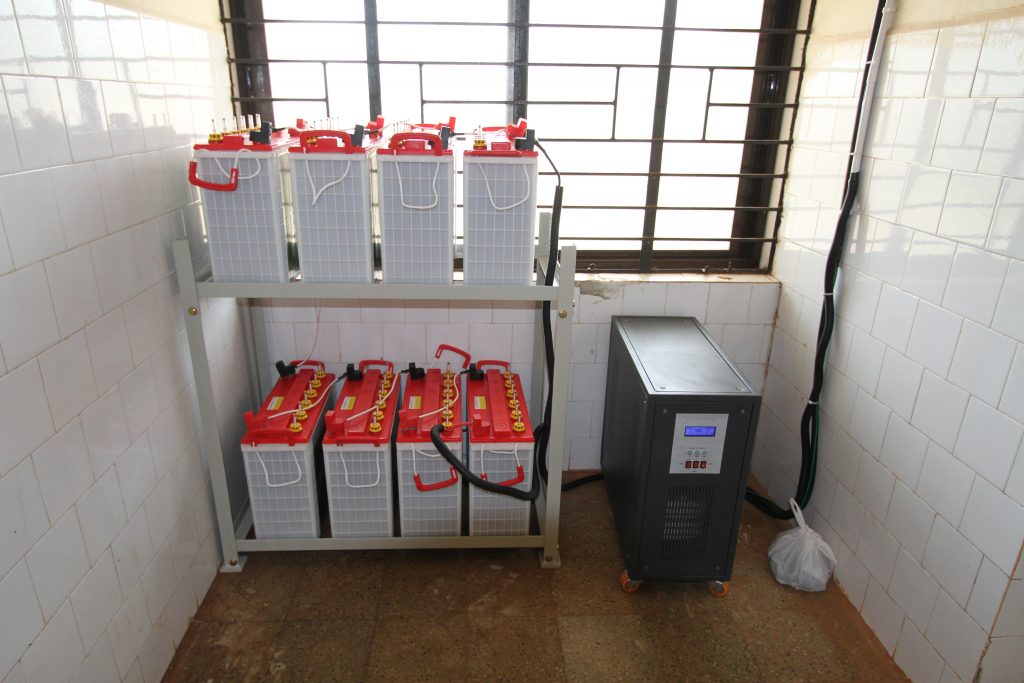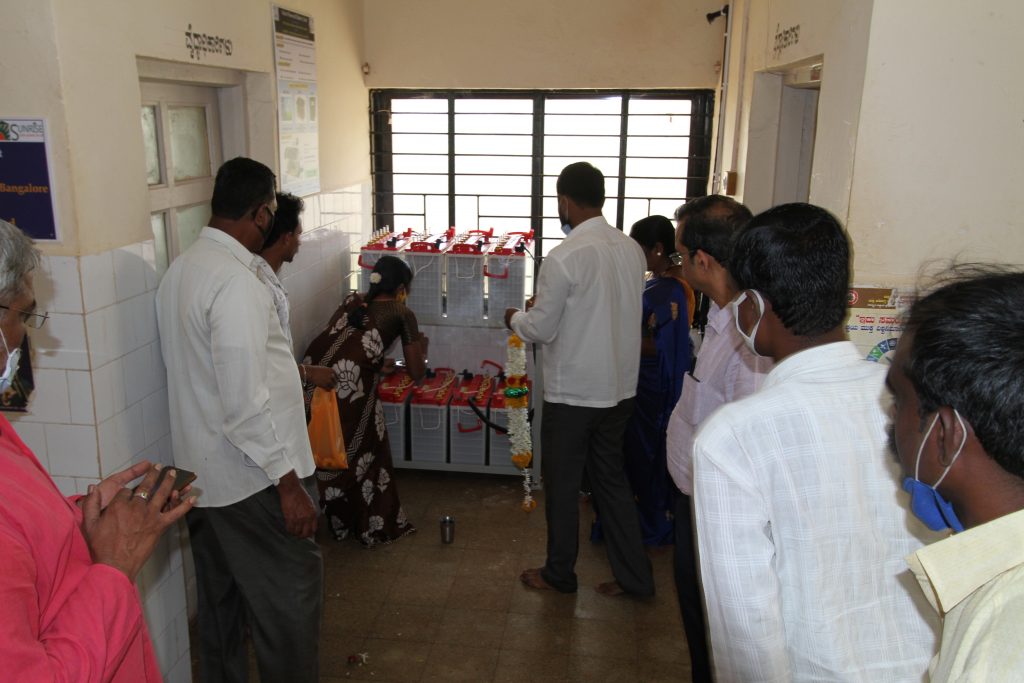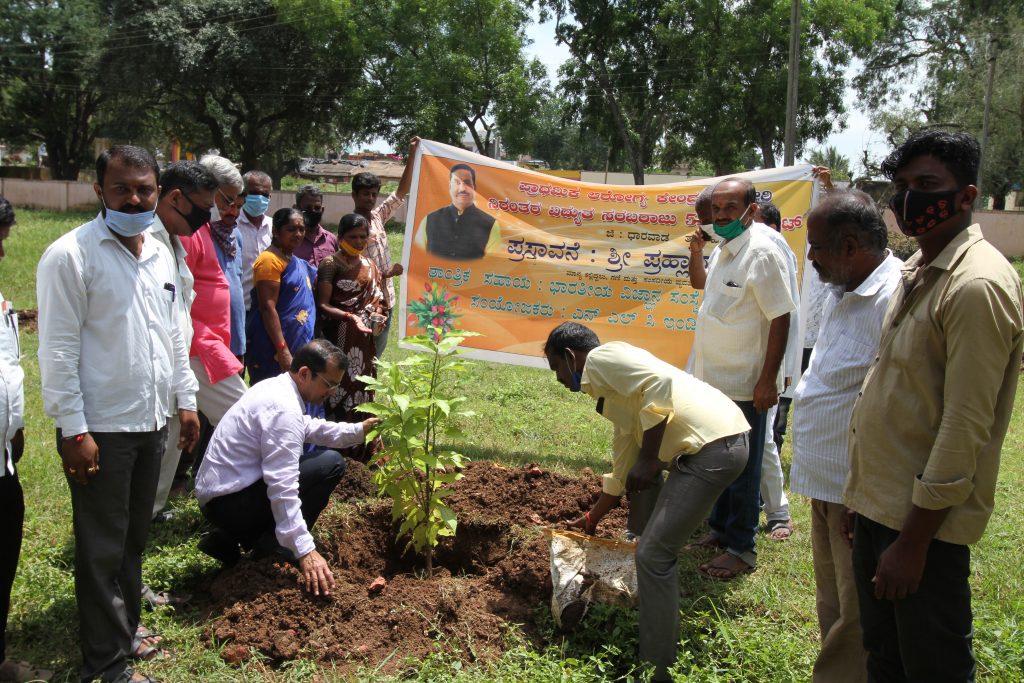Professor Satish Patil, Dr Chithambararaj and their team at IISc Bangalore have successfully installed a 5.2kW solar-powered micro-grid in a primary health centre in Gudageri, Dharwad.
The health centre provides care for 20-30,000 people from nearby rural villages, including delivering an average of 10 infants per month. They have a maternity unit and a deep freezer for storing vaccines, but are entirely dependent on national grid electricity and have no back-up power supply for emergencies.
The micro-grid installed by Patil and Chithambararaj uses solar power to generate energy and therefore can act as a substitute power supply as it does not rely on the national grid. The micro-grid consists of:
- 96V 5.2kW Solar Power System
- 96V 150Ah Lead acid Battery System
- 96V 7.5kVA Solar Inverter System
The solar panels can generate an average of 20-26 units during a normal sunny day, which is then stored in the lead acid battery. This stored energy can then be used when solar power is not available, such as at night, or to support the load when solar power fluctuates during the daytime.
This installation is the third of its kind by IISc Bangalore with the support of the SUNRISE network. Rural schools in Manchenahalli and Tiruppur have also benefitted from similar solar micro-grids providing renewable energy where the national grid is unreliable and intermittent.
Solar micro-grids can provide a more reliable and affordable power supply for areas where the national grid is inconsistent, paving the way towards Sustainable Development Goal 7: access to affordable, reliable, sustainable, and modern energy.

